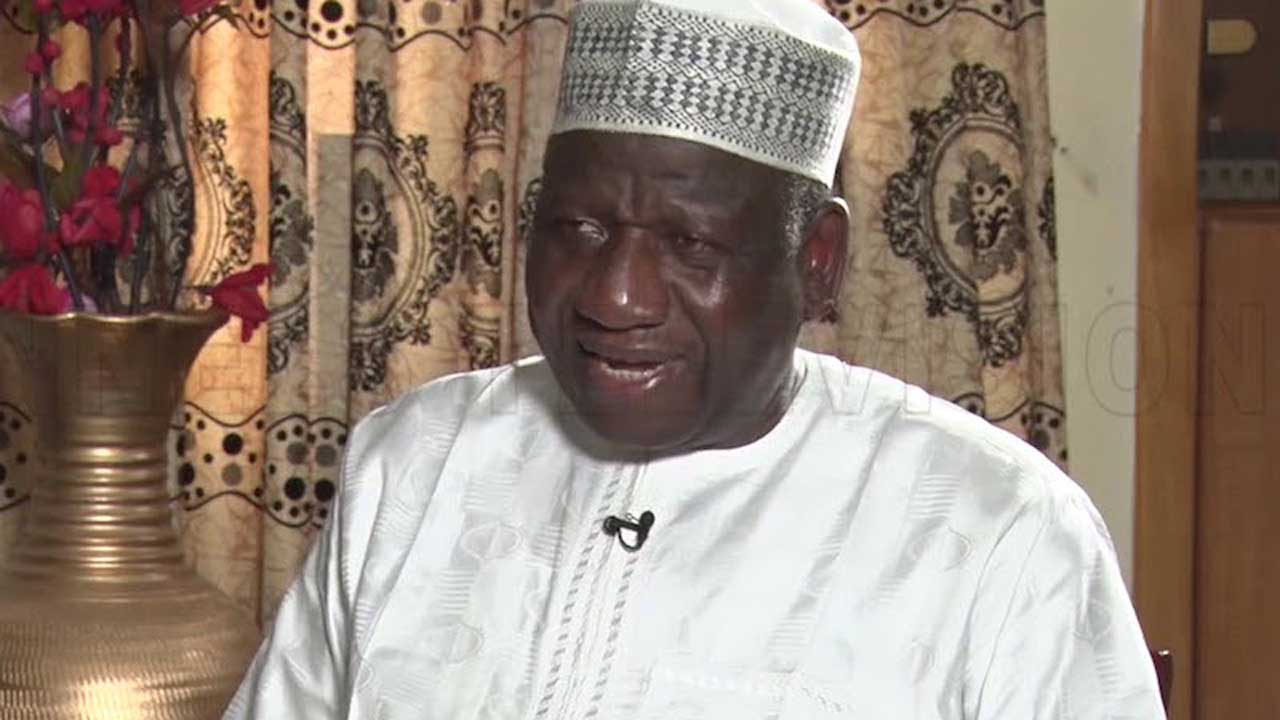
•Decries de-licensing of microfinance banks
The opposition Action Democratic Party (ADP) has expressed concern over what it described as taxation burden that Nigerians would be forced to bear next year.
ADP’s National Chairman, Yabagi Sani, said: “The deficit in the budget is too huge to allow for any meaningful development in the coming fiscal year. The resort to a wide-ranging and excessive taxation to make for the shortfalls in revenue generation will further push the already stressed Nigerians to economic hardship and agony.
“Therefore, the government should creatively devise other means and strategies that will not result in escalation of poverty in the land.”
ADP said it was unfortunate that the economy has continued to experience and suffer the consequences of the failure to diversify from over reliance on crude oil export to earn foreign exchange, contrary to the campaign promise made by the ruling All Progressives Congress (APC) in 2015 and 2019.
To the ADP, the comatose nature of the country’s major industries and the recent de-licensing of over 40 microfinance banks by the Central Bank of Nigeria (CBN) for non-performance are clear indications that the nation’s economy is in a dreadful condition.
“If the nation’s collapsed textile industries had been brought back to life as promised by President Muhammadu Buhari during his electioneering campaigns, that sector would have been providing hundreds of thousands of employment outlets as well as saving the over $4billion Nigeria has been losing annually in the importation of textile products.
“If the present administration had accomplished that singular feat, the economy would have, at least, experienced an appreciable level of growth. Other benefits could also have accrued in terms of employment opportunities and saving the nation’s foreign exchange through well-planned and focused programmes on agriculture and agro-allied industries.
“In other words, if we were a serious people with visionary leadership, Nigeria should have no reason to rely on importation of food, with all its natural and human resources, conducive climatic conditions and abundant arable land. In spite of the promise severally made in the past five years, nothing appreciable has been achieved in our quest to attain food sufficiency and security,” Sani said.
On the CBN’s policy on foreign exchange rate, the party said: “Our view is that the CBN should embrace the progressive and proactive approach of moving towards a single-window as against the present policy of multiplicity of windows in the management of the nation’s foreign exchange.
“By discarding the present regime of multiple window exchange rates, which is politically correct and expedient, Nigeria will be moving away from subsidising the naira, giving it a false value while at the same time perpetually undermining the potential to lunch the country on the path of becoming a productive economy.”



